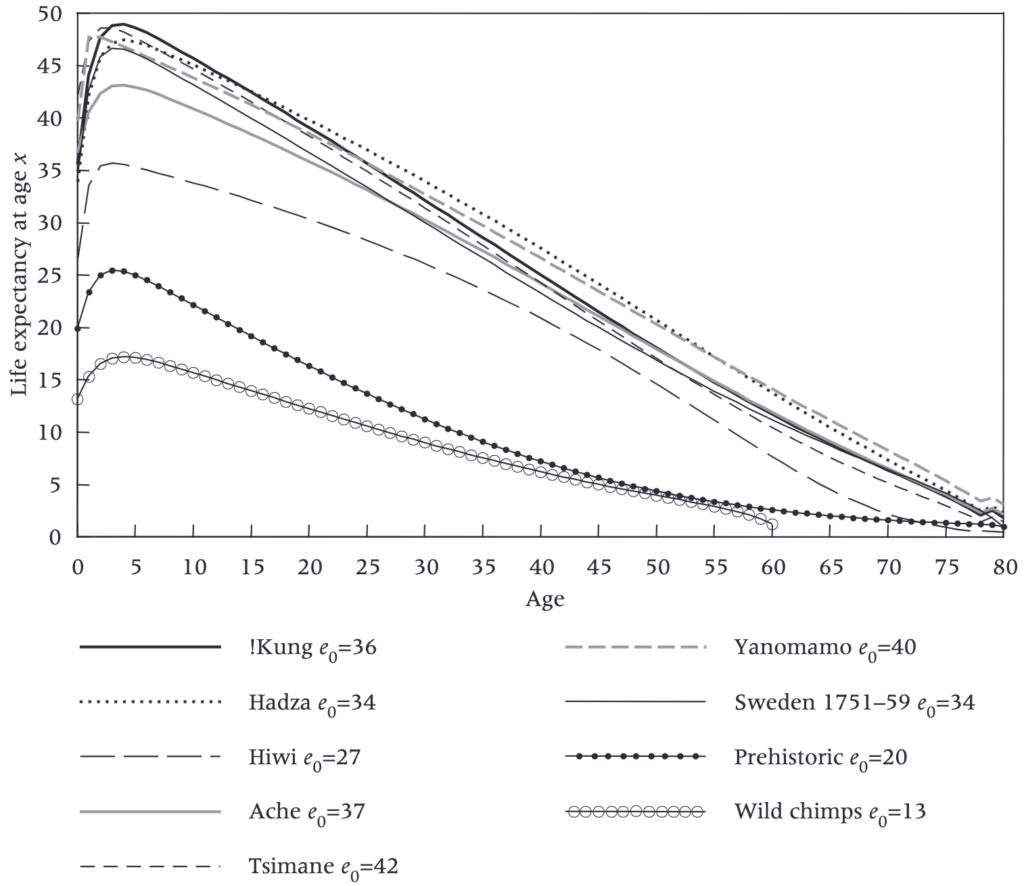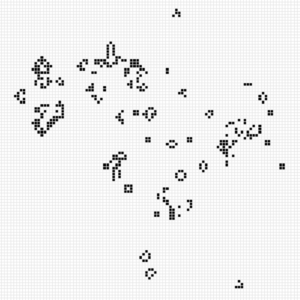Happy Newt Year! Those who have followed me for a long time have probably noticed a marked uptick in the frequency of newt mentions in the last few years. What’s the deal with that? It seems so random. Am I engaging in occult practices that require eye of newt?
The simplest version is that when I moved from San Diego back to the Pacific Northwest (had lived in Seattle prior to being “rented” by California for 18 years), I landed in newt territory.
My street is largely undeveloped, leaving plenty of forested critter habitat. A slow-moving creek—dammed by beavers into more of a pond—runs a few hundred meters away, which anchors the local newts. When it rains, especially in fall and spring, we find newts slowly prowling the area. Just as lost keys are more likely to be found under a lamp-post simply because light allows them to be seen, newts are frequently found on streets and driveways because they stand out on such plain surfaces. I suspect it goes deeper than this, in that they also hunt worms, which find their way onto pavement during the rain, and are also perhaps easier for the newts to spot. Rainy time is dinnertime!
I could never have predicted it a few years back, but my wife and I find ourselves smitten by the newts. We love and adore them. I hope this post provides at least a little appreciation as to why.
Continue readingViews: 4498






